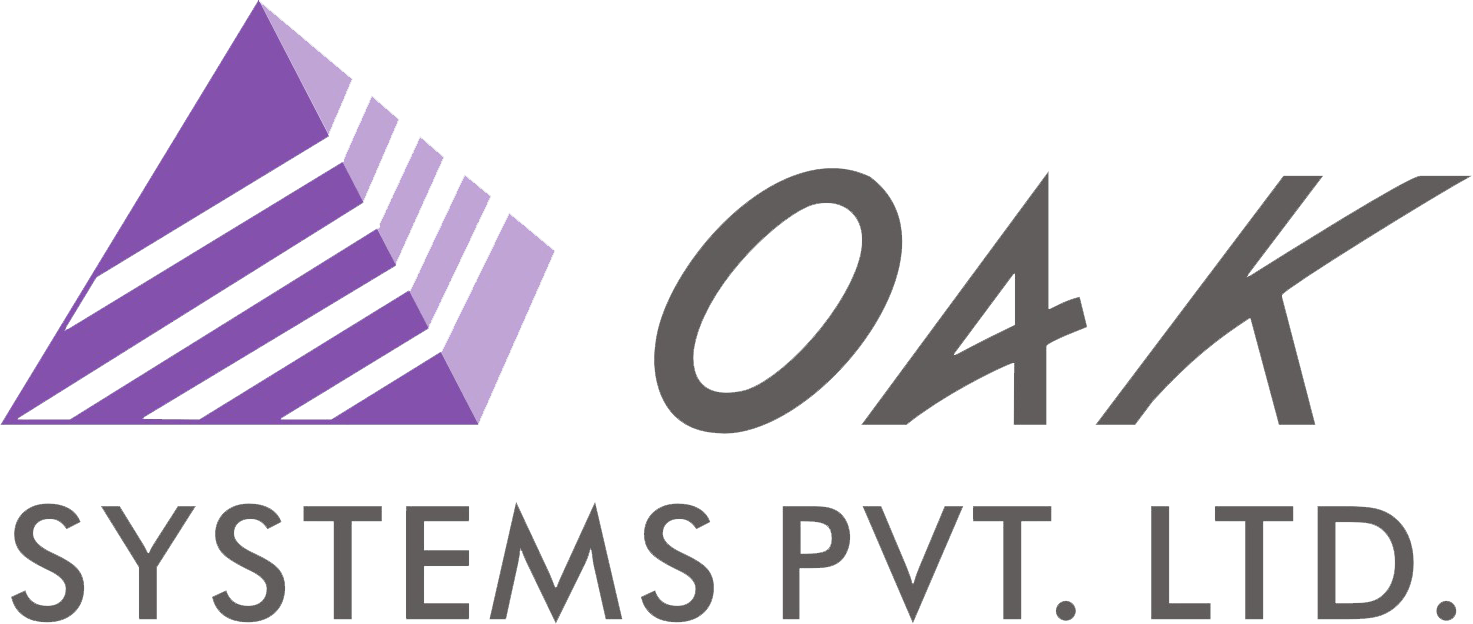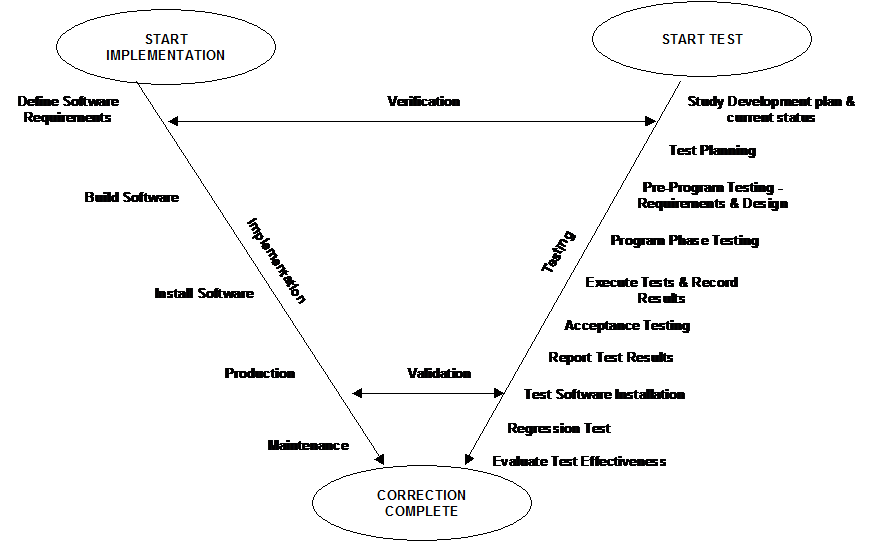Resource Center
Key Challenges in Test Estimation and Planning
The test effort estimation and test planning depend on lot of efforts that affect the accuracy of the estimation. Following are some of the factors that have been encountered in the different testing projects that were executed. Testers not involved in project estimate In many cases, when a project is estimated, very rarely the testing
Checklists for Test Data Strategy
Like the testing process, Test Data Management is a lifecycle process and involves strategic steps through the lifecycle. Below are eight steps for a complete test data strategy. Actions 1. Data Attribute Characteristics and Compatibility Requirements – Identify data attribute characteristics (for example, values/ranges and relationships) – Establish data compatibility requirements across environments 2. Determine
Key challenges in Test Management
The key challenges in test management include the following – * Inadequate test planning * Inadequate effort budgeted for testing * Changing requirements and lack of change control * Lack of traceability between requirements and test cases * Lack of focus on testing process or ineffective testing process * Lack of monitoring rigour or lack
Limitations of Performance Testing
Load testing is a powerful and cost-effective technique for analyzing web application performance. Even the most carefully constructed load-testing environment cannot reproduce the real world perfectly. Some of the limitations include: Network Imitation: Load tests are executed in a LAN. Real world traffic, on the other hand is sent over a WAN, and can encounter
Good Defect Reporting Practices
Testers must learn and build good defect reporting practices. This goes a long way in establishing themselves as an effective and good tester. Some of the key aspects are outlined as follows: Build a Good Case before Raising the Defects ● Reproduce the defect consistently ● Establish the correct sequence of reproducing the defect ●
Software Testing Lifecycle – V testing
The V diagram in below figure represents Verification and Validation through SDLC. Various stages in the SDLC are depicted in the left arm of the V and the corresponding testing stages are depicted in the right arm. One would note that in early stages of SDLC, the software testing comprises of more verification activities and
Defect Tracking Tools
While in many cases, the defects are recorded and tracked using simple, home-grown, spreadsheet based formats, there are number of tools available in the market for capturing and tracking the defects – both commercial and freeware tool categories. These tools help us in logging and tracking the defects more effectively. Many of these tools are
Crowd Testing – Types of Testing & Domains
Types of Testing Leveraging Crowd 1. Beta & Compatibility testing Crowd-source testing is best for things like beta and compatibility testing, which are necessary final steps for testing; however, most software is far too complex for late-stage testing like this to cover all of the possible issues. A dedicated outsourced or in-house testing team will
Key Challenges to Test Execution and Reporting
Some of the key challenges while executing tests and reporting results include the following: 1. Test cases are not detailed enough or not understandable Recommendation – It is important for the test team to document the test case steps and narrations to make the test cases easier to understand. Also, while acquiring an existing test














